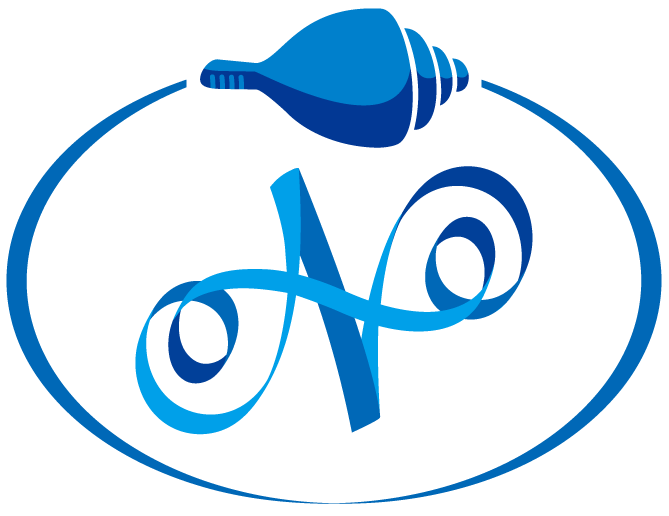
Since Mongolia registered its first confirmed COVID-19 case in November 2020, the number of cases has been gradually increasing by an average of 15 a day. As of 28 January 2021, Mongolia has reported 1692 cases (and only two deaths) to date which is still relatively low compared to other countries worldwide. The two main outbreak clusters remain the capital Ulaanbaatar and part of Selenge province with 861 and 217 confirmed cases respectively.
The threat of COVID-19 spreading to other provinces remains high throughout the country. For this reason, movement out of Ulaanbaatar, already restricted, has been limited even more strictly from 23 January. Those who need to travel out of Ulaanbaatar now must get permission from their local province’s Emergency Commission as well as providing negative PCR results.
During this period of uncertainty, the State Emergency Commission (SEC) has met with significant public criticism, though they continue to defend their handling of the pandemic since it began in January 2020. Although the SEC are working tirelessly, their overall management system has not been properly implemented from top to bottom.
Recently a shocking image circulated in social media of a young woman who had just tested positive for COVID-19, together with her newborn baby, being hurried off to a quarantine facility run by the National Centre of Communicable Diseases (NCCD). This image of a woman wearing only a light hospital gown and slippers in freezing temperatures shocked not only mothers but all Mongolians, especially since traditionally, new mothers have strict postnatal care precautions to adhere to, particularly in winter.
This incident touched many people’s hearts and provoked public anger, which led to a peaceful demonstration the following day at Sukhbaatar Square in Ulaanbaatar. The protestors were mainly young professionals who came on their own account and were strictly adhering to the COVID-19 rules. They demanded that the inhumane hospital workers who allegedly had mishandled the patient should be held accountable. They also expressed their overall dissatisfaction about the Government’s handling of the pandemic, especially since the first case of in-country transmission was identified in November 2020; their other complaints concerned the economic situation, border closure, issues surrounding Mongolians stranded abroad, current poor e-learning provisions, increasing unemployment and so on.
As a result of this scandal, D. Nyamkhuu, the Director of NCCD was dismissed and T. Munkhsaihan, the Health Minister and Ya. Sodbaatar, the chair of NEC both offered their resignations.
Moreover, on 21 January the Prime Minister U. Khurelsukh announced his own resignation, together with his entire Cabinet. Despite the fact that the protesters had not directly demanded his resignation, he offered an apology and said that he must take full responsibility upon himself. He also expressed criticism of President Kh. Battulga accusing him of encouraging, inciting and financing a number of demonstrators who had behaved violently, for his own political advantage. As the Mongolian presidential election is to be held in June this summer, some observers suspect that an election drama has now started.
New Prime Minister Chosen

Following these events, on 27 January, a Harvard-educated young politician, Oyun-Erdene Luvsannamsrai from Mongolian People’s Party (MPP) was appointed as the 32nd Prime Minister of Mongolia by the members of the Mongolian Parliament (Ikh Hural) with 87.9% of the 66 members’ votes. Since the MPP has a majority in Parliament and Oyun-Erdene’s public image is relatively positive, his victory was a given. Many people hope that he will prove an able Prime Minister.
Previously, Oyun-Erdene twice served as Chief Cabinet Secretary in Khurelsukh’s Cabinet. He resembles other young politicians of his generation, in that he has studied in the West and has work experience in an international organisation, in addition to his political experience. This cohort differ from older politicians who were educated in Mongolia or Russia and who are career party members. It is hoped that Oyun-Erdene’s combination of youth, cosmopolitan and domestic experience will enable him to deliver a fresh vision for government.
Oyun-Erdene has confirmed that the previous PM’s key policies will be continued. He also announced that his own immediate priorities will be to combat COVID-19 and expedite vaccinations; to improve the management of the SEC; to reduce the State budget deficit and to increase exports. Secondly, he will revive the economy by encouraging SMEs; thirdly, he aims to reinforce middle-class incomes; and fourthly, he will improve government services, including accelerated digitalisation. He has further plans to establish a Ministry of Digital Development.
